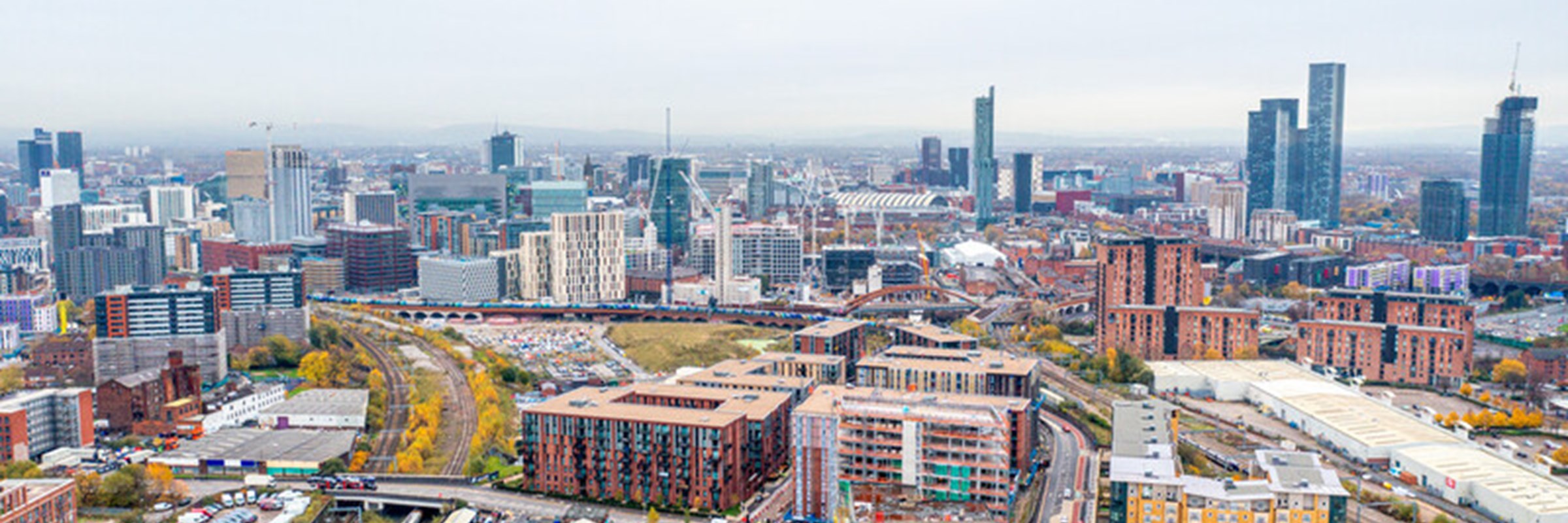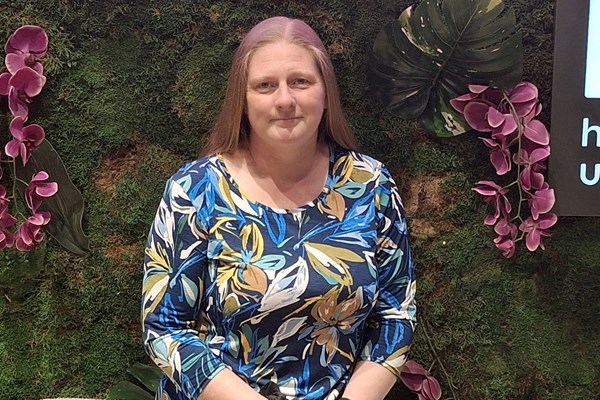
Andy Burnham unveils Greater Manchester Baccalaureate plan to boost growth
- Mayor Andy Burnham to unveil proposals for core MBacc subjects, matched to seven gateways to the growth sectors of the Greater Manchester economy
- Education and business leaders to come together as preparations made to roll out the MBacc from September, giving young people a clear line of sight to good jobs
- Greater Manchester to pioneer unique new qualification in partnership with the Raspberry Pi Foundation, hard-wiring digital skills into the MBacc
- Plans will be backed by new central application system, 50 hours of workplace experience between year 9 – 11, and 1,000 additional T Level placements – the most comprehensive offer ever for young people in Greater Manchester
Today (Thursday 11 July) the Mayor of Greater Manchester, Andy Burnham, will unveil his proposals for the core subjects of the Greater Manchester Baccalaureate, known as the MBacc – a game-changing new vision for technical education and boosting productivity.
More than 200 hundred education and business leaders will join him at Manchester Hall to share progress and get ready to launch the MBacc for Year 9 and Year 11 pupils this September.
It’s a year since the Mayor set out his ambitious plan to create a genuine and equal alternative to the university route. Since then, Greater Manchester has worked with education and business leaders as well as young people to design seven MBacc gateways – each linked to a sector that is growing in Greater Manchester.
Now, the Mayor is announcing for the first time his vision for the core MBacc subjects that will underpin those seven gateways, providing young people with a clear line of sight from the age of 14:
| EBacc | MBacc | |
| Core GCSEs |
English Language and Literature Maths Sciences |
English Language and Literature Maths Sciences ICT |
| Options |
Modern Languages e.g. French German Spanish Humanities e.g. History Geography |
Engineering Design & Technology Business Studies Drama Music Performing Arts |
The seven gateways of the MBacc, aligned to growth sectors in the Greater Manchester economy, are:
- Health and Social Care
- Digital and Technology
- Engineering and Manufacturing
- Construction and the Green Economy
- Financial and Professional
- Education and Early Years
- Creative, Culture and Sport
Alongside these gateways, Greater Manchester is working on plans for a gateway into public service – including jobs in the emergency services and the Bee Network.
Mayor of Greater Manchester Andy Burnham said:
“For too long the English education system has been built around the needs of just a third of young people who go to university. That means that every year, thousands go through school without a clear path into a good career.
Our answer is the MBacc – a game-changing new plan for technical education. We’re using our devolved powers to reset the scales and give young people a clear line of sight to good jobs and the steps that will take them there.
If we don’t make this change now, it could be the single biggest barrier to future growth – and to the life chances of young people here. The needs of our economy are changing, and right now the system is not capable of keeping pace and meeting the needs of businesses or the ambitions of the next generation.”
Unlike the English Baccalaureate, which is geared towards the subjects top universities value, each MBacc gateway will guide young people to the subjects and qualifications most valued by the city-region’s employers. The gateways draw on the latest labour market data and provide a clear line of sight to high quality jobs in Greater Manchester’s growing economy. There will also be clear MBacc pathways for those who want careers in the emergency services or the Bee Network.
At today’s summit with education leaders the Mayor will set out the roadmap to launching the MBacc this year, and establish a new partnership with the sector to continue building on the MBacc vision.
Recent data from the Office for National Statistics show that growth in Greater Manchester has outstripped UK growth, with annual productivity from 2015 to 2022 up an average of 1.8 per cent, compared to just 0.8 per cent nationally. However, the productivity gap between Greater Manchester and London is bigger than European counterparts like Lyon and Paris – highlighting the need to help young people, and the national economy, achieve their full potential.
Cllr Eamonn O’Brien, Greater Manchester Lead for Technical Education and Skills, said:
“The Greater Manchester Baccalaureate can be the key that unlocks economic growth and unleashes the potential of the next generation. If two thirds of young people here don’t go to university, we need a clear, serious alternative that matches their ambitions and sets them up to succeed.
With a growing economy – including in key sectors like digital and tech – Greater Manchester is moving to secure a pipeline of talent, aligning the MBacc to the needs of these sectors and helping young people chart a course to good jobs across our city-region.”
Each gateway will include real-world experience of the workplace from day one of the MBacc, with students expected to complete 50 hours of workplace experience between Years 9 and 11.
There will also be a central application system for industrial placements, developed in partnership with the Careers & Enterprise Company, allowing young people to apply for work experience with prestigious employers across the city region – backed up by an additional 1,000 additional T Level industry placements pledged by businesses for those continuing on the technical pathway. The ambition is to grow this offer for all young people on technical pathways, with thousands more opportunities available by 2030.
The Greater Manchester Business Board has also supported the development of a unique new tech certificate with leading tech company Raspberry Pi Foundation. The Applied Computing qualification will provide pupils on the MBacc route with a tailored, accessible learning experience, setting them up with digital skills for the workplace.
Today’s education summit will kickstart the final process to agree the core subjects that will make up the MBacc pathways, bringing together representatives from leading business – including Greater Manchester’s Employer Integration Board – and the education sector.
Lou Cordwell, Chair of Greater Manchester’s Business Board, said:
"The MBacc plays a crucial role in our city region by shaping a skilled workforce that will support our future growth.
We will work closely and collaboratively with the business community in Greater Manchester to offer young people technical skills and work experience tailored to labour market needs. The MBacc not only helps our businesses to succeed but also gives young people a clear path to rewarding careers in our industries.
I urge all businesses to join the Employer Supporter Action Network and explore opportunities to engage with the MBacc. By participating, we're not only securing our future success but also opening doors for the next generation of Greater Manchester's workforce."
James Eldon, Principal at Manchester Academy, said:
"The MBacc is a significant step forward for many of our young people. It will open up new pathways to success, recognising diverse talents and connecting their learning directly to real career opportunities in Greater Manchester. This connection to local industries will help students see the purpose behind their studies, boosting their engagement and motivation.”
Oli de Botton, CEO of the Careers & Enterprise Company said:
“We’re delighted to be working with Mayor Andy Burnham to deliver high quality work experience for young people on the new MBacc pathway.
High quality work experience helps young people get ready for the world of work. It builds skills and develops confidence, and it allows employers to get to know their future workforce. But too many young people are missing out.
MBacc students will benefit from a new approach - equalex - a guaranteed minimum of 50 hours of quality work experience, hard-wired to the jobs and skills employers in the local economy need most – starting with the digital sector.”
Article Published: 11/07/2024 09:03 AM



